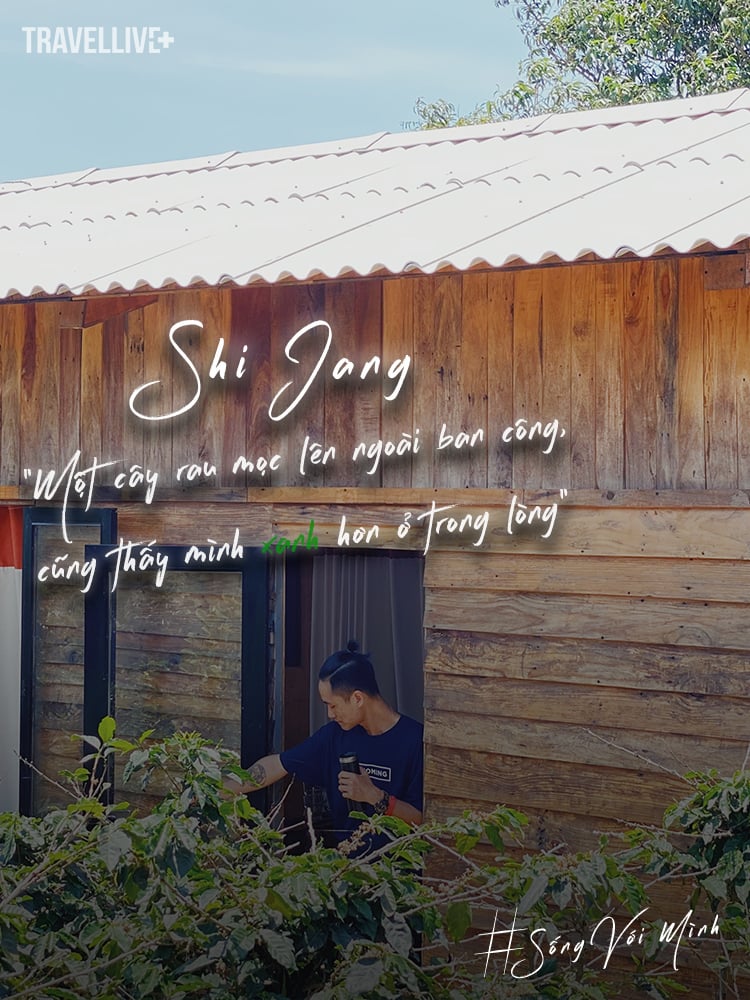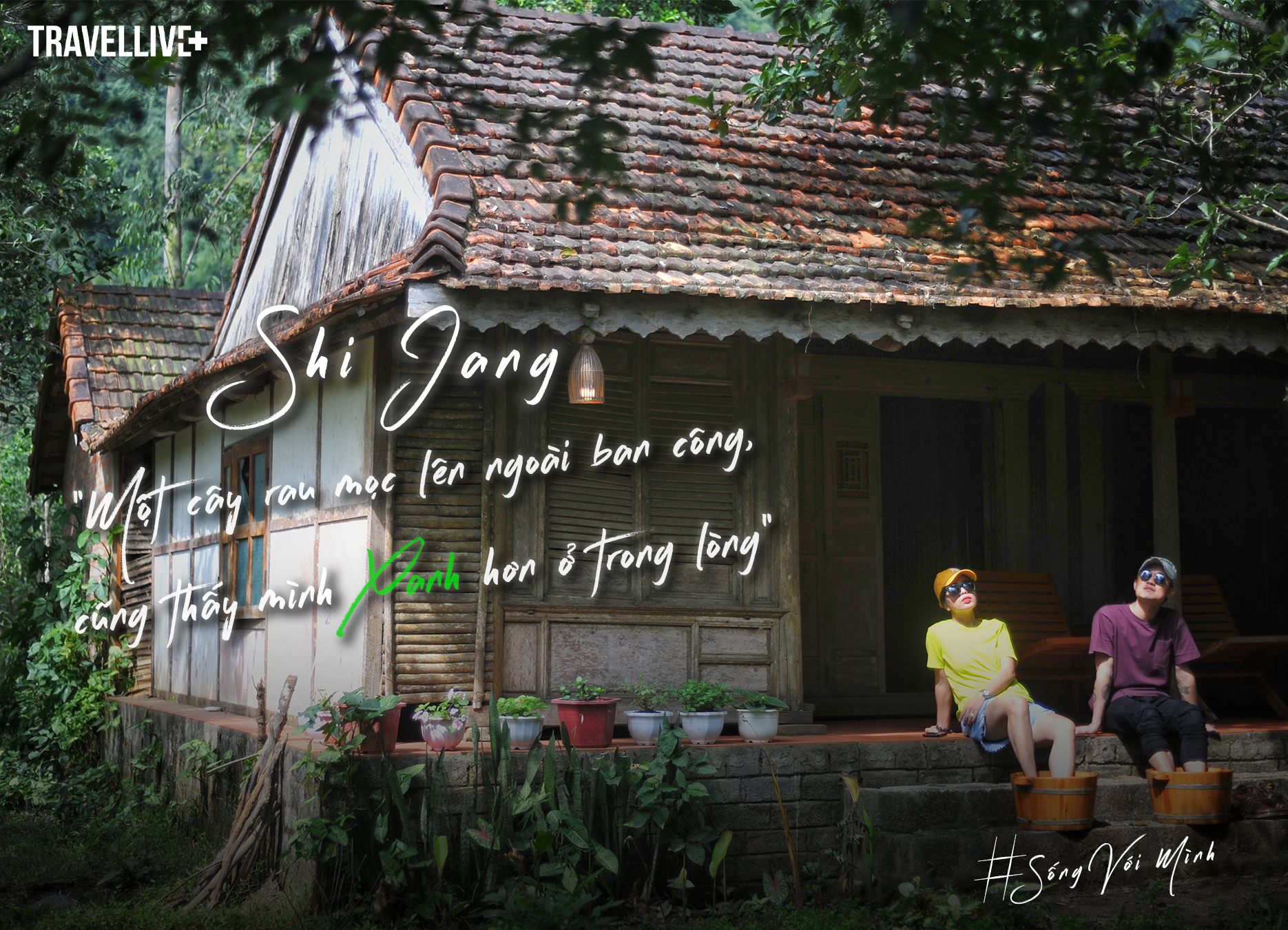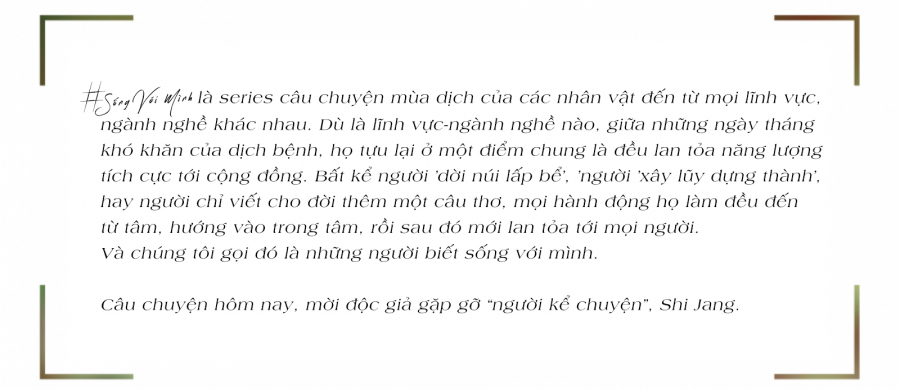
On the bus departing from 130 Nguyen Hue Street to Bach Ma National Park, our group consisted of Shi, our guide, and five other tourists who didn't know each other. The topic of conversation for the next day or two would be wildlife – we'll talk about that when we get to Bach Ma – right now I need some sleep.
I dozed off for about fifty minutes when I overheard Shi mentioning "Vietnam." I woke up instantly.
- What did you just say about Vietnam?
"Ah," Shi called down from the front row, "you're saying that, few young people know, the name Vietnam during the reign of Emperor Gia Long meant 'The land south of China belongs to the Vietnamese people'."
***
Who is Shi Jang?
In 2015, during a trip to "find" Vietnamese cultural preservationists, while stopping in Da Lat, Shi Jang stumbled upon a unique K'ho coffee brand – created by an American man and a K'ho woman, developed from a four-generation coffee-making tradition of his family. With Shi Jang's subsequent support, K'ho Coffee, starting from a small farm deep in Lang Biang, quickly spread, became popular with international tourists, and was exported to other countries – something perhaps no K'ho person in generations had ever imagined.
In early 2021, I visited a small village in the Lang Biang mountains, where the K'ho farm and coffee shop are located. And every time I mentioned the name Shi Jang, everyone – whether it was the people in the coffee shop, the K'ho women and mothers living nearby, or the children playing in the street – anyone – would immediately break into a bright smile and begin to share stories and happy memories that Shi Jang had left behind in this place.
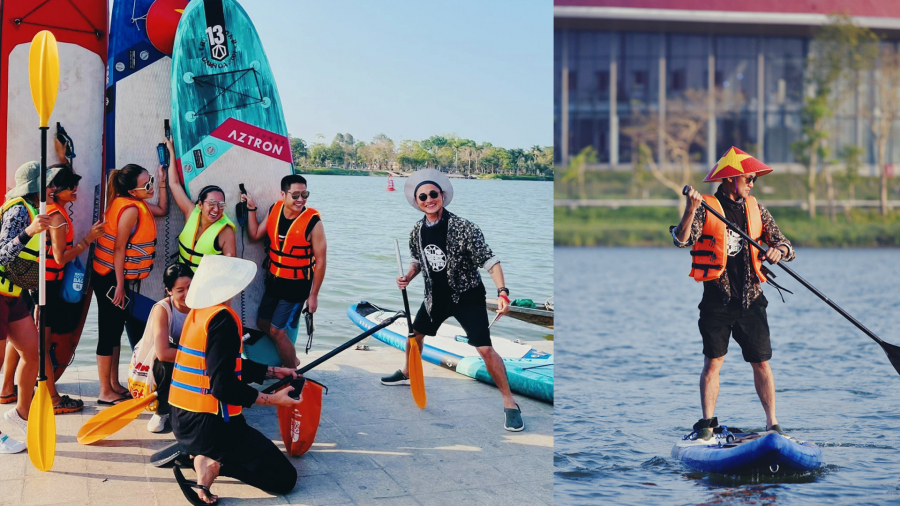
In 2013, Bach Ma National Park (Hue) reopened after several years of closure. The reason for the closure was that the ecosystem in Bach Ma had shown signs of degradation due to the impact of tourism, so the management decided to close it for conservation, restoration, and upgrading. At the time of reopening, Shi Jang was the first person the management contacted to experience and survey tourism in the park.
In 2021, I was probably the thousandth tourist that Shi Jang led up Mount Bach Ma. Once our group was seated on the cloud-covered summit, Mr. Ky, a long-time friend of Shi's, told us: He was also a tour guide in Hue, and he had led countless groups of tourists to visit Bach Ma over the years, "but he had never liked or felt this mountain until the day he went trekking Bach Ma with Shi."
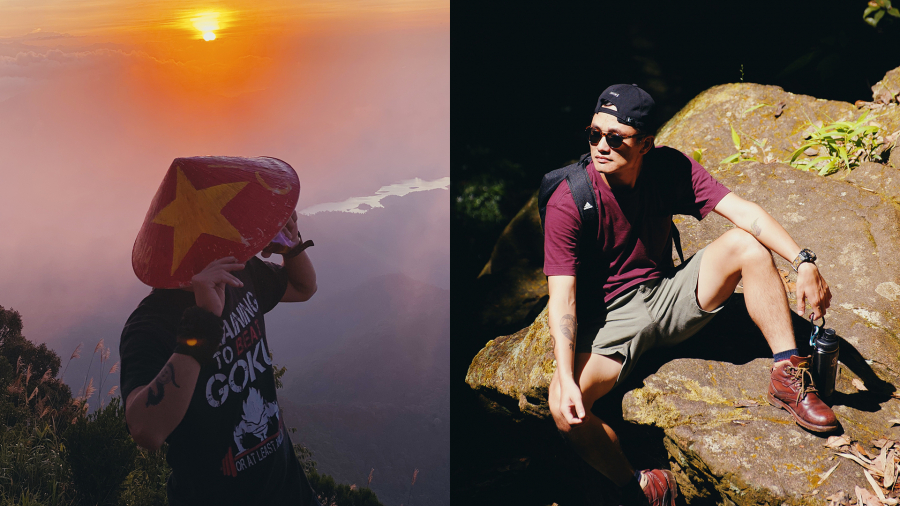
Shi Jang, born in the 1980s, hails from Quang Binh province, but his tourism activities span between Quang Binh and Hue, and then extend from North to South Vietnam. He's commonly referred to as a tour guide, but I suspect that "tour guide" is just a label to legitimize his passions. Since graduating from university, Shi has focused on cultural tourism. He travels to discover pristine landscapes and anonymous people diligently preserving local cultures; then, he collaborates with them to develop and introduce these unique identities to domestic and international tourists. In this way, he expands the community of people who share a deep appreciation for nature and culture. It's rare to find a tour guide's "service" that incorporates so many precious cultural values. For example, during our trekking trip to Bach Ma, we were not only taught survival skills in the forest and how to communicate and behave appropriately with nature and animals; Shi also told us stories about Vietnamese history, tales of the K'ho people on Lang Biang mountain, the H'Mong people in Hua Tat village, and even showed us how to enjoy coffee in various Asian, European, American, and Vietnamese styles…
Shi calls himself a storyteller, but he never tells stories about himself. What he tells is actually about nature and his people. Because that is the energy that has the power to connect and spread endlessly.
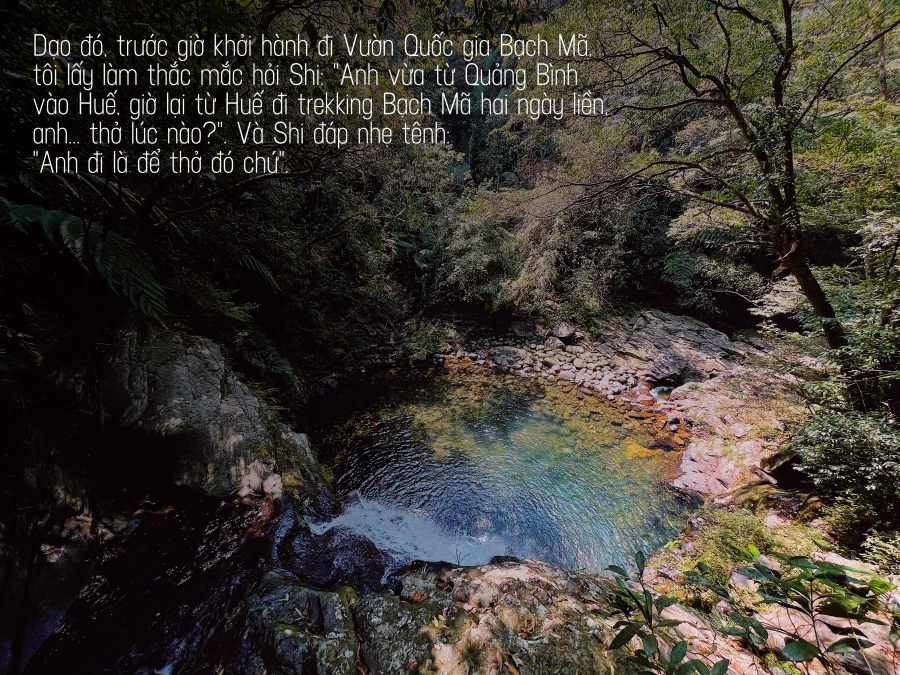
Days without movement
Anyone who knows Shi Jang as someone who is always on the move will likely have the same question: What does Shi do during outbreaks of disease?
In contrast to the general downturn in the tourism industry, for Shi, this seems to be an opportunity. He sees the pandemic as a change in people's travel habits: family trips or small group travel have become more popular; the trend of immersing oneself in nature or participating in outdoor activities at a tourist destination is gradually becoming a key trend for domestic tourists. Given that Shi's tours have always focused on exploring and experiencing pristine natural environments, this shift in tourist trends is clearly a positive sign.
“The experience-oriented approach to tourism has been something I and my colleagues have been developing for over 10 years. I also see that other businesses in Hue and Quang Binh have recognized this market and are offering a wider variety of products. I'm happy that the true values of tourism are now being exploited by more people.”
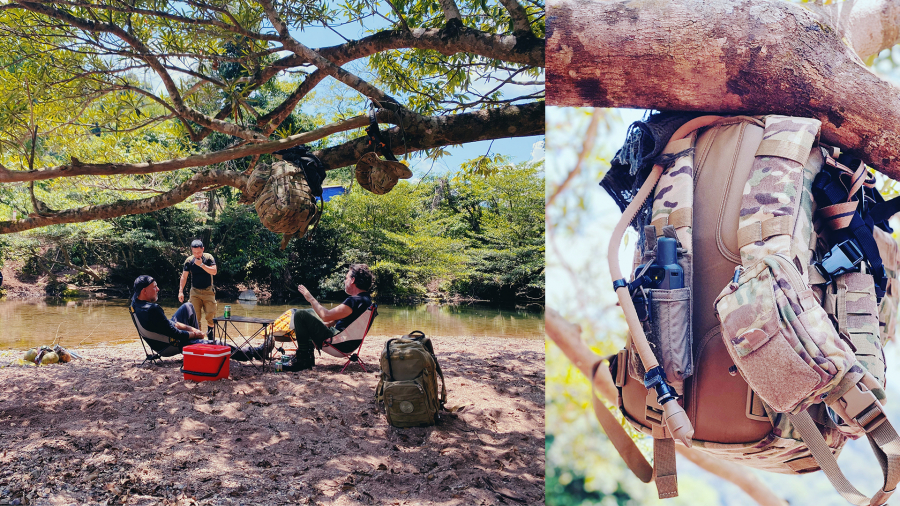
Fortunately, unlike the North and South, the central region – Hue, Quang Tri, Quang Binh – where Shi frequently travels for work, was not as severely affected by the Covid-19 pandemic. (However, the impact was not negligible).
These days, in compliance with the city's anti-epidemic regulations, Shi's tours are temporarily suspended, yet it's still difficult to see him resting. When he can't "tell stories" to tourists, he turns to "telling stories" with friends and acquaintances in the city. Every day, Shi frequents cafes, attends training sessions, and shares his experiences in coffee making and tourism with young people. It might seem unrelated, but Shi's two greatest passions are... coffee and travel.
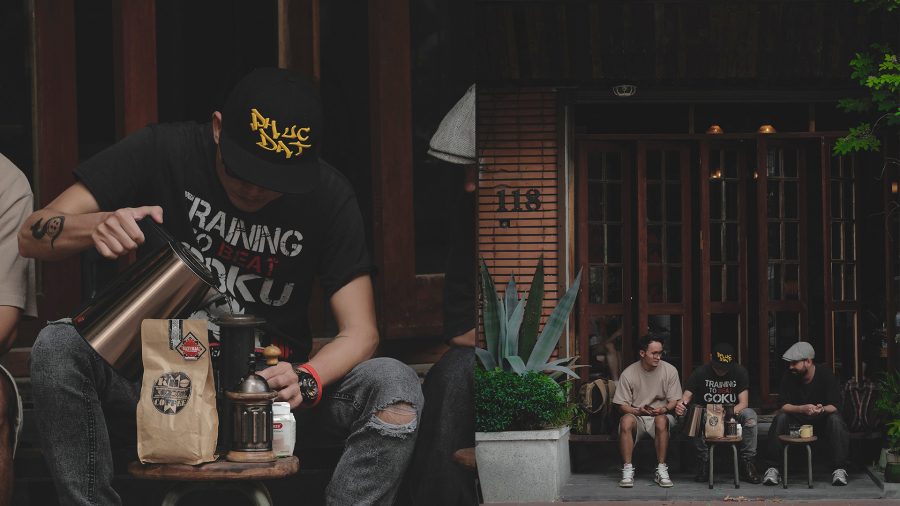
Cultivating skills within the tourism and service community is the solution for the present, but for the post-pandemic future, Shi shared that he and his colleagues are also preparing strategies to adapt to the new context. Specifically, given that many tourism businesses, large and small, have had to lay off a portion of their staff, a shortage of manpower when these businesses return to normal operations will be an inevitable consequence; coupled with the fact that the pandemic has forced tourism businesses to flexibly apply Industry 4.0 technology to their operational systems, many organizations will be confused by this "modernization." Anticipating these potential obstacles, Shi's team is gradually completing a software specifically for tourism organizations. "With the software that my team provides, businesses will have access to the necessary data about the tourism market in the context of the new normal; at the same time, this software can also perform basic tasks, replacing the workforce they had to lay off due to the pandemic," Shi shared.
"I'll only release a limited quantity; I'll sell to large businesses, and for small businesses... I'll give them away."
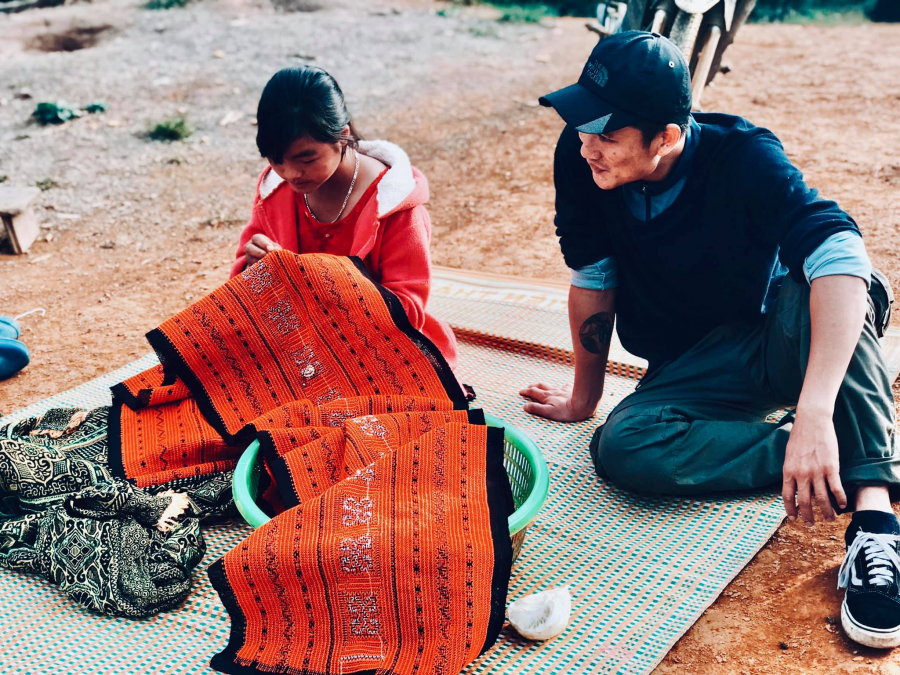
Speaking on behalf of nature, what does Shi say?
"As someone who is very emotional and interacts with the nature around me, I think that places previously visited by tourists, during the period affected by the pandemic, have had the opportunity to heal themselves and return to their original state – before the arrival of tourists. Here, I mean unintentional impacts (stepping hard on a patch of weeds; killing a bee collecting pollen; discarding leftover food in the wrong place, making monkeys accustomed to waiting for leftovers and forgetting to forage for food...) or intentional actions such as littering, singing karaoke in the forest, bathing in streams... by tourists. So, if we say that the pandemic is an opportunity for nature to heal its wounds – or illnesses caused by tourists – it is also a way to better understand the relationship between humans and nature, a relationship that has existed for so long, and now we have the chance to understand each other better, so that humans can appreciate nature more. Many of my friends in Saigon are now staying home under lockdown," Just seeing a vegetable plant growing on my balcony makes me feel 'greener' inside."
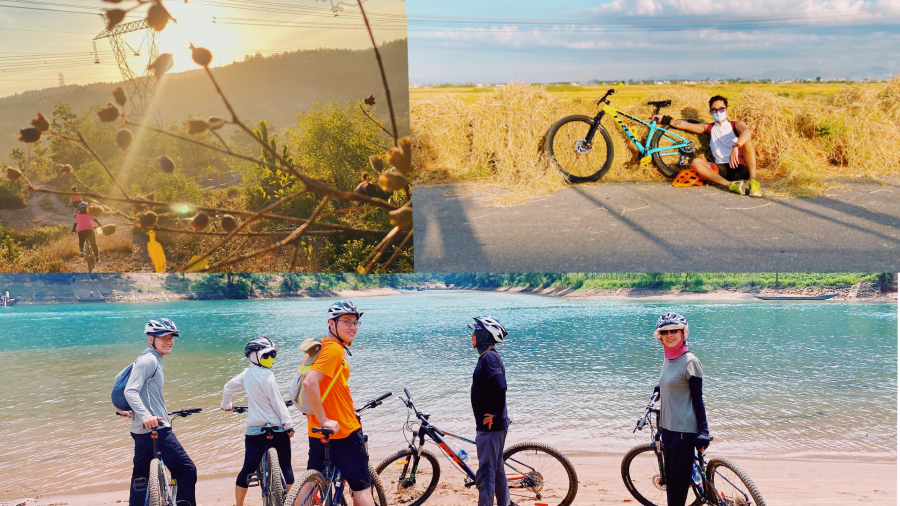

 VI
VI EN
EN



